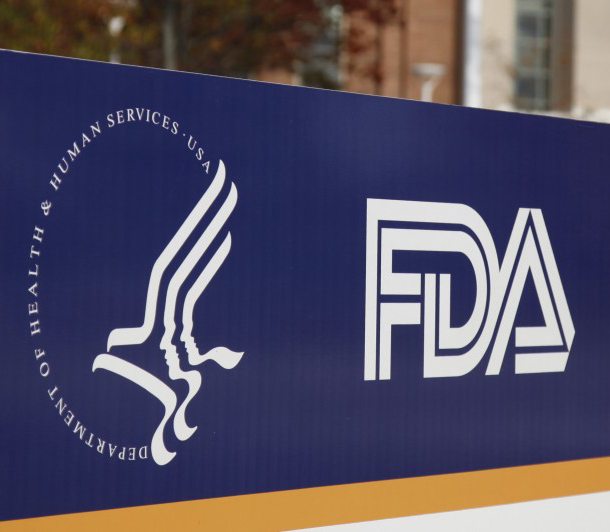
U.S. health inspectors documented 11 concerns at a manufacturing plant in India linked to contaminated eye drops sold in America.
During a multiday inspection visit to the Global Pharma facility, officials from the U.S. Food and Drug Administration observed instances where proper sterility and manufacturing protocols were lacking. The maker of the now-recalled EzriCare Artificial Tears and Delsam Pharma’s Eye ointment has not commented on the visit or its findings.
Inspectors visited the facility between Feb. 20 and March 2, about two weeks after Global Pharma recalled the two products over sterility concerns and possible microbial contamination. FDA officials wrote in a 14-page report that they observed “manufacturing process[es] that lacked assurance of product sterility” in items meant for U.S. consumers.
As of late March, there were 68 reported infections in 16 states linked to the over-the-counter eye drops, according to the U.S. Centers for Disease Control and Prevention. Three people have died, eight others sustained vision loss and four people lost an eye, in addition to other side effects, after being infected.
The injuries are linked to Pseudomonas aeruginosa, a strain of drug-resistant bacteria found in patients’ open, multiuse bottles of EzriCare Artificial Tears, the CDC reported.
FDA Documents Contamination Concerns
The FDA’s observations included concerns about sterilization, proper use and cleaning of manufacturing equipment, maintaining a cleanroom, and testing chemical compounds before manufacturing begins. Officials noted that although the document lists observations it is not a final determination of compliance.
The heavily redacted report cited several sterility concerns for products manufactured between December 2020 and April 2022 and then shipped to the U.S. Inspectors found an ointment made in the facility lacked preservatives to prevent microbial contamination. They also found “protruding nails and nail holes” in a room where sterile products meant for U.S. consumers were packaged.
It was noted that garb used in the company’s cleanroom was washed and reused numerous times and inspectors observed “discolored and worn out” booties used there. A cleanroom is meant to create and maintain a sterile environment by filtering out dust, airborne microbes and aerosol particles.
More People Sickened by Rare Bacteria
Since the outbreak was reported, consumers have begun filing EzriCare Artificial Tears lawsuits against Global Pharma Healthcare, Aru Pharma, EzriCare and others after using the eye drops and developing Pseudomonas aeruginosa infections. Some plaintiffs underwent months of antibiotic treatment, had surgery or had the infection spread across their body.
Aru Pharma said it “has taken all available steps to protect the end users of these products despite having no role in their formulation or sale to consumers.”
Before this outbreak, the rare drug-resistant bacteria had not been reported in the U.S. It can spread to others who are asymptomatic and haven’t used the eye drops, according to the CDC.
“The bacteria can spread when one patient carrying the bacteria exposes another patient, or when patients touch common items or when health care workers transmit the germs, which is why infection control, like hand hygiene, is so important,” the agency told CNN this week.
That type of spreading is common in health care settings. Many asymptomatic cases were discovered during screenings at in-patient health care facilities that had clusters of infections. Related infections have been identified at acute care hospitals, long-term care facilities, emergency departments, urgent care clinics and other outpatient facilities, according to CNN.